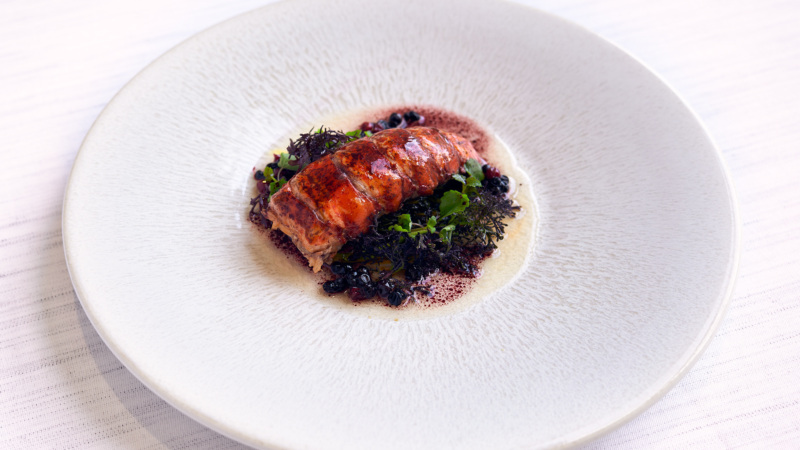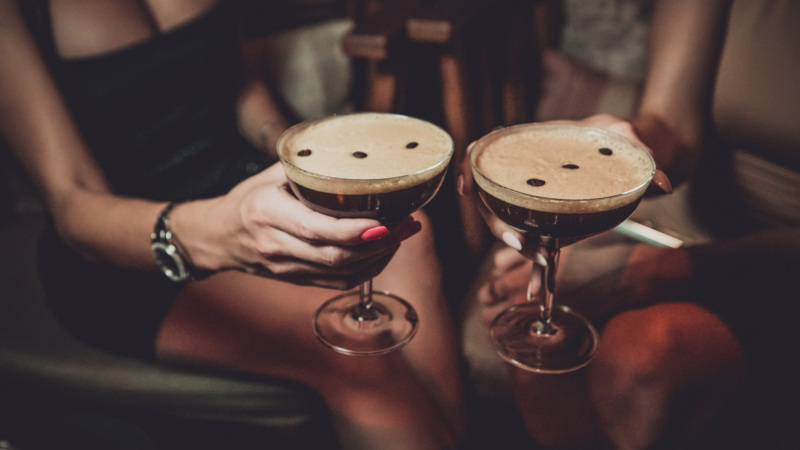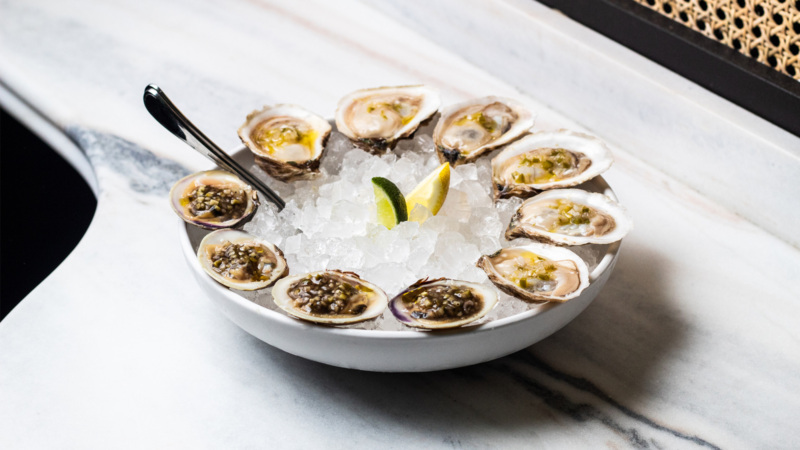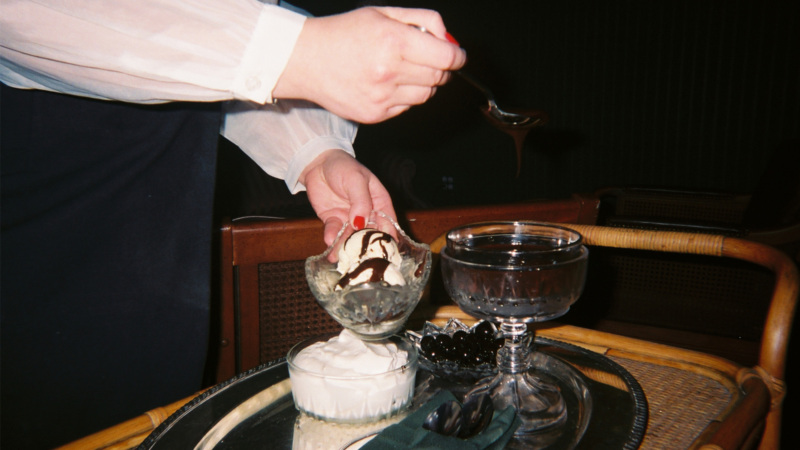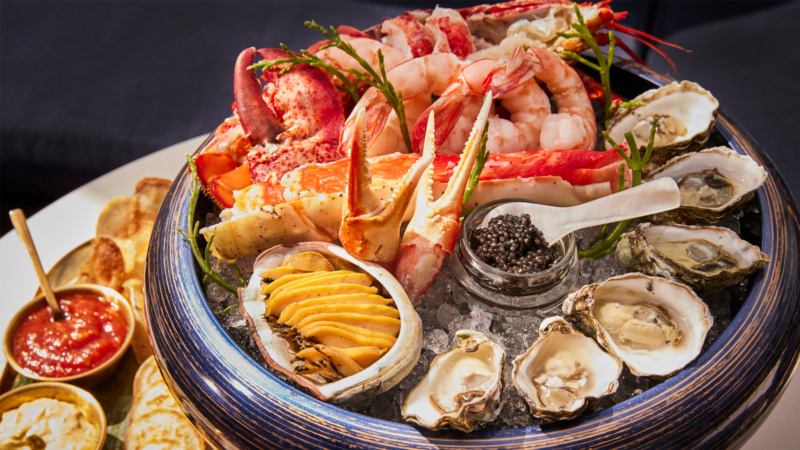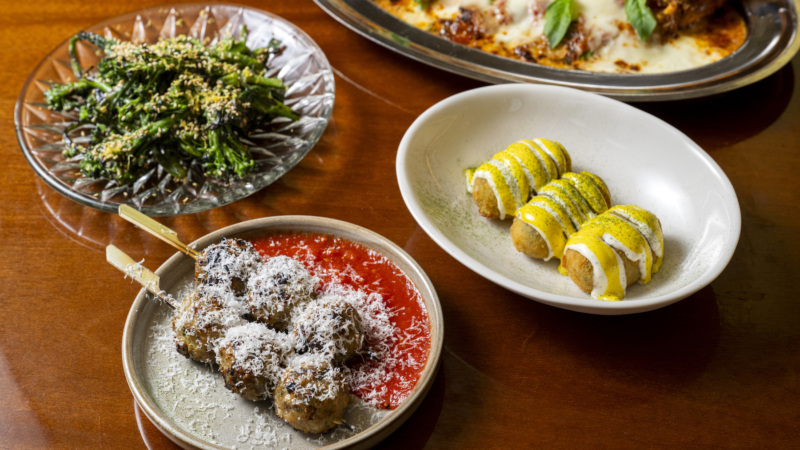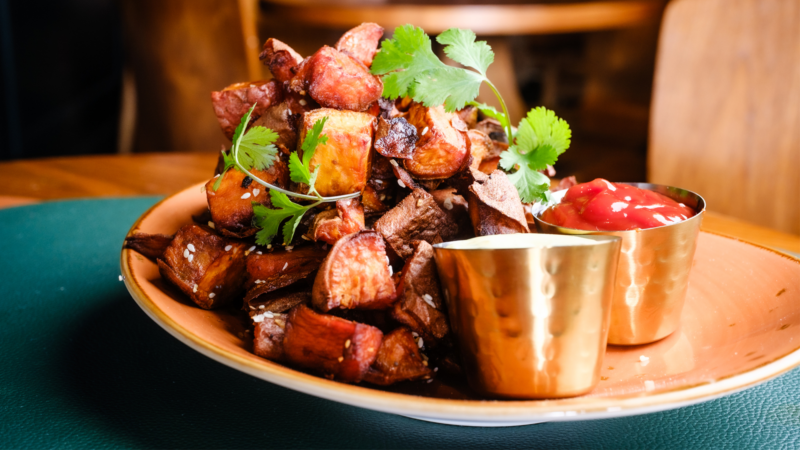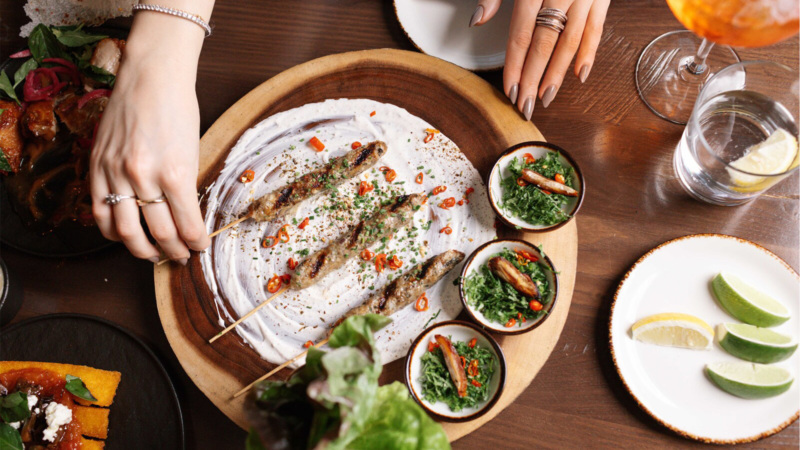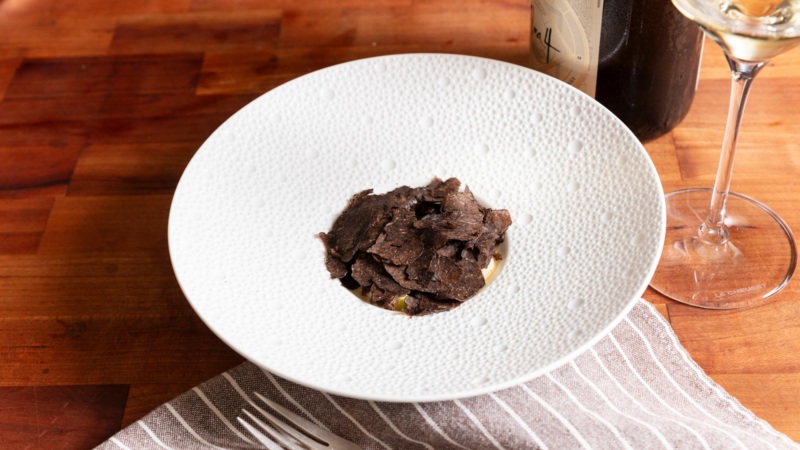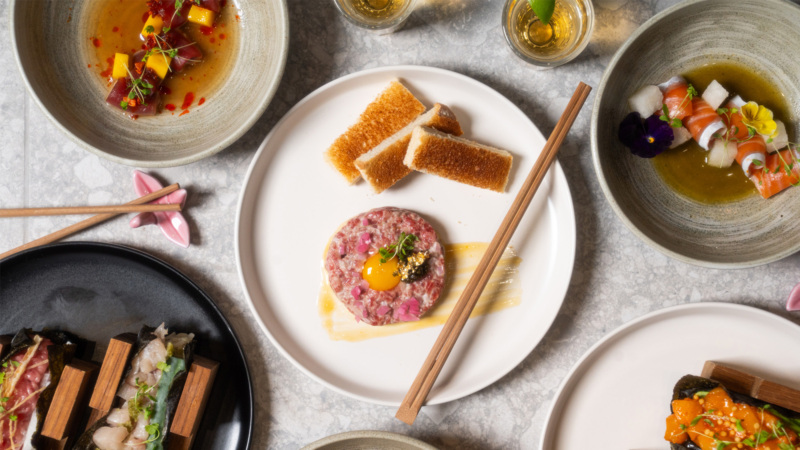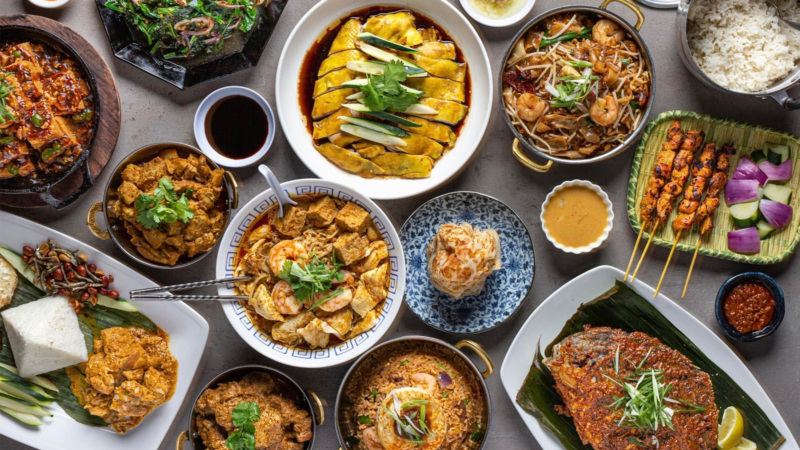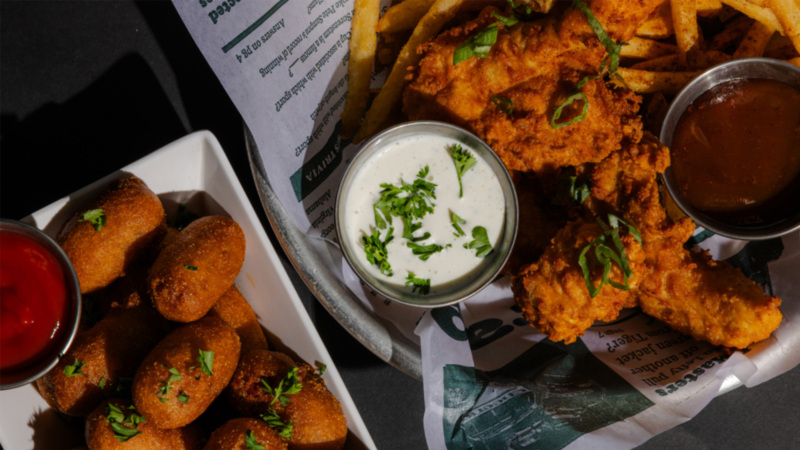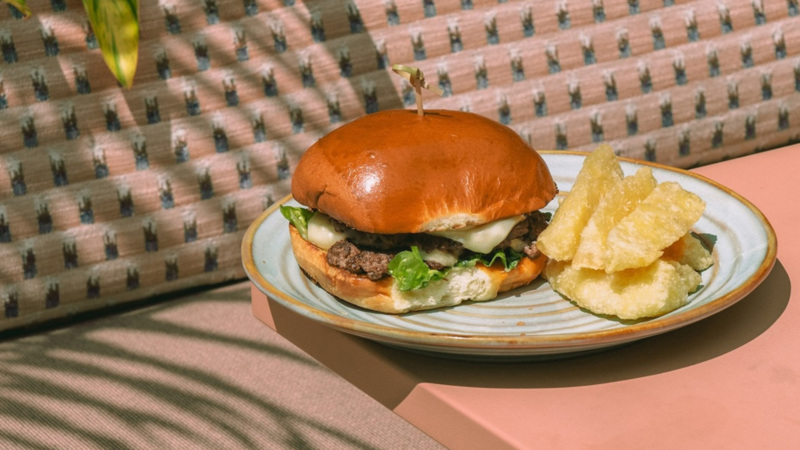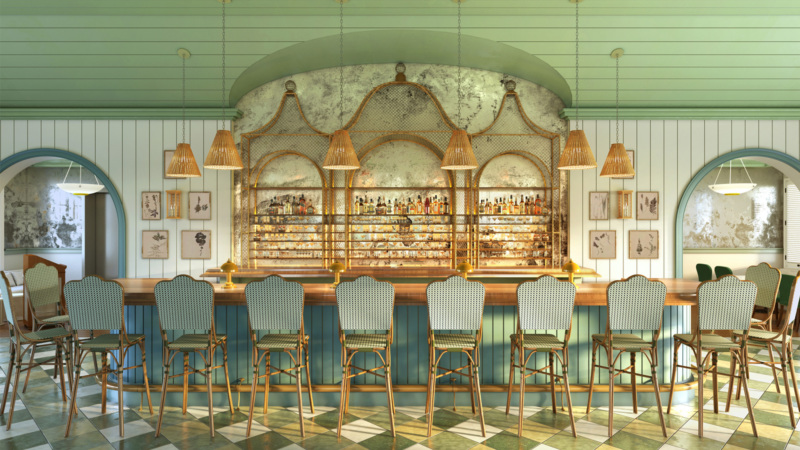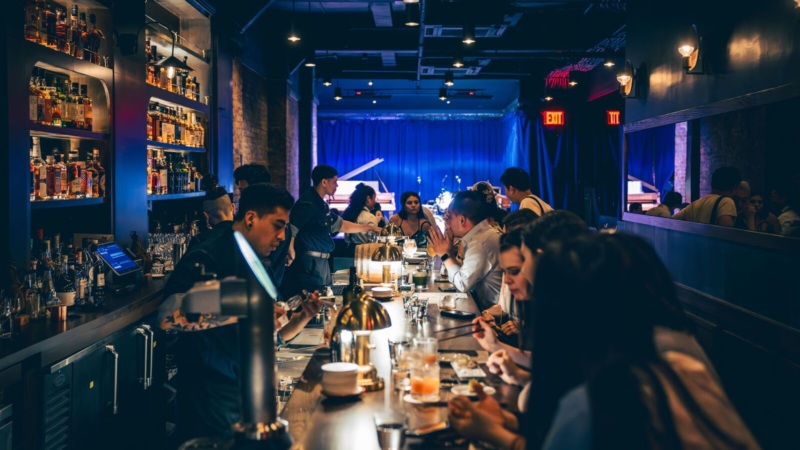
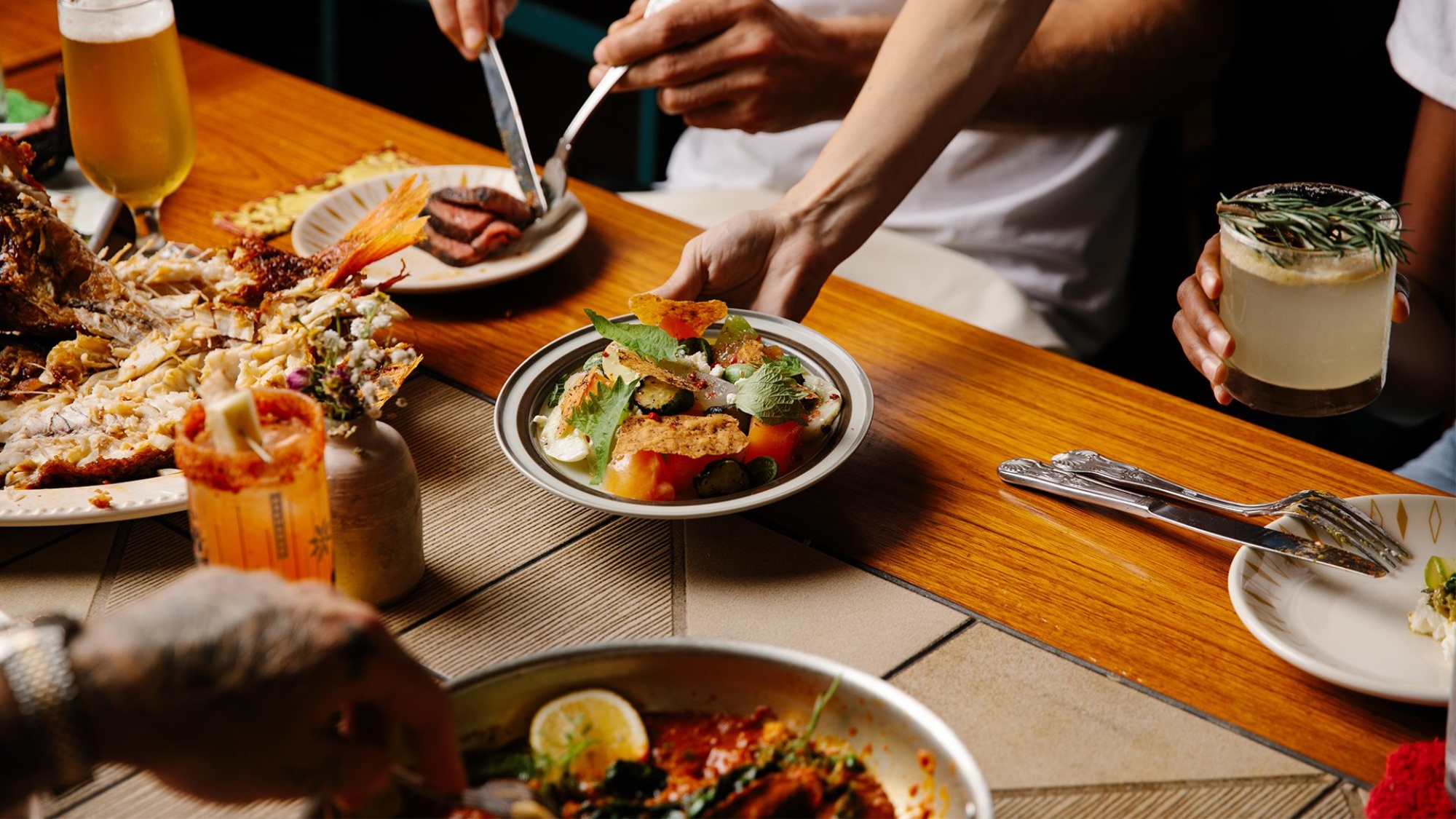
We Can Help Curb Anxiety For Restaurant Workers
In the service industry, the term “lifer” is used to refer to those who have devoted their lives to the field and to serving others. I am a lifer.
My first experience working in a restaurant was when I was 15 years old. I have worked as a dishwasher, server, bartender, chef, and restaurateur. In the front of the house, I enjoy watching happy reactions caused by food and drinks. In the back, I have yet to find a more exhilarating experience than working as a brigade team to bring plates of food to fruition. It is the tiny moments — mixing a cocktail behind the bar, doing something special for someone’s birthday, or saving a steak just in time before it goes from medium rare to medium — that I find joy in this work.
But, a few months ago, with the rise of coronavirus, the lives of service industry lifers changed forever. I have seen restaurants close for good. Those of us who work in events and catering watched our summer work schedules vanish. The restaurants that have managed to stay open or reopen continue to refigure, daily, hoping to survive a pandemic while also providing jobs and a service to their community. For the staff of those restaurants, they are left making a difficult choice of risking their own health in order to go back to work. All of these factors are contributing to a commonly shared anxiety among service industry folks right now.
I was one of the many lifers who lost a job as a direct result of COVID-19. I had also lined up my summer with catering events, all of which were cancelled as well. I have dealt with my anxieties about the unknown future of restaurants by writing more. Meanwhile, I have been watching from afar as my service industry friends and colleagues across the country express extreme anxiety with states reopening, and what that means for restaurants and their workers who are going back to work.
***
For seven years, I lived and worked in restaurants on the north shore of Lake Superior. Minnesota was one of the first states to loosen regulations for restaurants. By late spring, I was starting to see similar types of pleas from my industry friends in that region.
Jillian Forte, a friend and the chef at Chester Creek Cafe in Duluth, Minnesota made this post to her Facebook page in early June: “If you are one of the people venturing out to eat at a restaurant right now please, please, please practice compassion. As an industry we are working extra hard to save our individual restaurants from going out of business under extremely difficult circumstances! The rules are constantly changing and we are trying to help our staff stay safe as they face the public.”
It felt like a fair request under very tough circumstances. I had just been speaking with a friend who had dined in the new outdoor seating area of Chester Creek Cafe, and he was telling me how awkward the experience was for him. He didn’t like wearing a mask, and it was hard to correspond with their server, but he was patient and compliant. I decided to call Jillian to see how things were going.
“The name of the game at this point,” she told me, “is don’t go under.”
Over the winter, they completed a major remodel, during which they stopped business all together and had only been open a few months before having to close again due to the coronavirus shutdown.
The reality of having just invested in a kitchen remodel meant the team had to figure out a way to reopen. They had to make money. Forte has worked at the cafe for 15 years and has overseen many changes, and now she was in charge of figuring out how to keep the kitchen running.
She worked from home developing a takeout menu and figuring out schedules with a limited staff. The restaurant made more investments, purchasing a small work shed that was converted into a drive-thru. They bought headsets and speakers.
A month later, Gov. Tim Walz announced phase one of reopening with outdoor seating. Once again, the restaurant was forced to spend money — this time on outdoor tables, planters, handwashing stations, and plate covers to accommodate transporting dishes from the kitchen across their northern Minnesota parking lot.
Just a few days later, the governor announced he would be allowing indoor seating. Another shift. “I wish we had gone slower,” said Forte.
Safety is a huge concern for restaurant employees. Not all of the employees felt comfortable returning to work, and Forte said she understands that. This involves trusting your coworkers, and that can create added work stress.
Another is practicing social distancing. Most restaurant kitchens are small, crammed with enough cooks to complete prep work and service. And while traditionally kitchens are extremely sanitary environments, it is hard to communicate in a loud kitchen with a mask on. Plus, Forte added, “every time you touch your mask, you have to wash your hands.”
And the rules keep changing. “It’s really stressful,” she said.
Shortly after that, another friend, who manages a popular sandwich shop in the town expressed similar sentiments on social media: “If we can wear masks while making your (often hot) food on a hot summer day, with the AC not really working, and air flow completely gone because our doors remain closed … YOU CAN TOO WEAR A MASK!”
***
What is going on here is that my friends are expressing how they feel unsafe at work. Part of that has to do with the guests. I have not gone back to work as a lifer, and I’m not sure I will. Which means I am now one of those guests they are talking to.
Dining out is my favorite activity. I can do it alone or with friends, and still probably order the same amount of food. I enjoy the exchanges that can occur with a server or bartender or the people sitting near me. But I have to find peace with the fact that the dining out experience that I am used to and love is changing. And I have to be patient as restaurants deal with what is now a constantly changing industry.
Though I did not know at the time, my last dining experience before the pandemic shutdown was at a popular West Hollywood restaurant. For dinner, my friend and I ordered nearly half the menu, enough food to have our table full of plates at all times. Our feast was impressive enough to draw comments from our neighboring table, a family we continued to chat with throughout our meal. We even offered tastes of our food. We toasted each other with sparkling and orange wines. Four days later, that restaurant closed indefinitely.
For now, I have the memory of that night. It is unfortunate that, whenever we go out next, we will miss the spontaneous acts of sharing with the folks at the next table. There will be no toasting shots with strangers at the bar. But that is OK.
I know that, for now, I need to do what makes my fellow industry lifers feel safe. And if that means wearing a mask when I go for my curbside pickup, I will. Because I want them to feel just as confident going to work as they did pre-COVID. And if I have to wait longer because tasks take longer in the kitchen, I will. Because I want their service to feel valued. At the very least we can give our service industry workers that.
Nyanyika Banda is currently staying at home, writing and planning for when we can all sit at the table together again. Follow her on Instagram at @nyks1981. Follow @Resy, too.
Discover More


